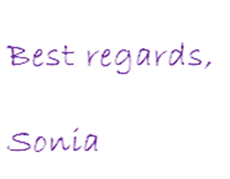
I thought of that comment of my mom’s as I chatted with some veteran teleworkers about the past year.
I asked some veteran telecommuters about the past year, and here is what I heard...
Working from home was not nearly as exhausting before—you guessed it—Zoom. To be fair, it’s Zoom, Teams, whatever. Meeting on the phone (audio only) is way easier than videoconferencing. Here’s what I heard:
I've been telecommuting for 18 years. I used to walk all the time while on my calls. I cannot do that when required to take notes and also be on camera.
I am fidgety, and I need to move around when I am working. I used to be able to do that.
On video calls, I feel like I am chained to my desk. When on conference calls, I can fold laundry or walk around and Swiff the floors. In a way it helps me concentrate.


